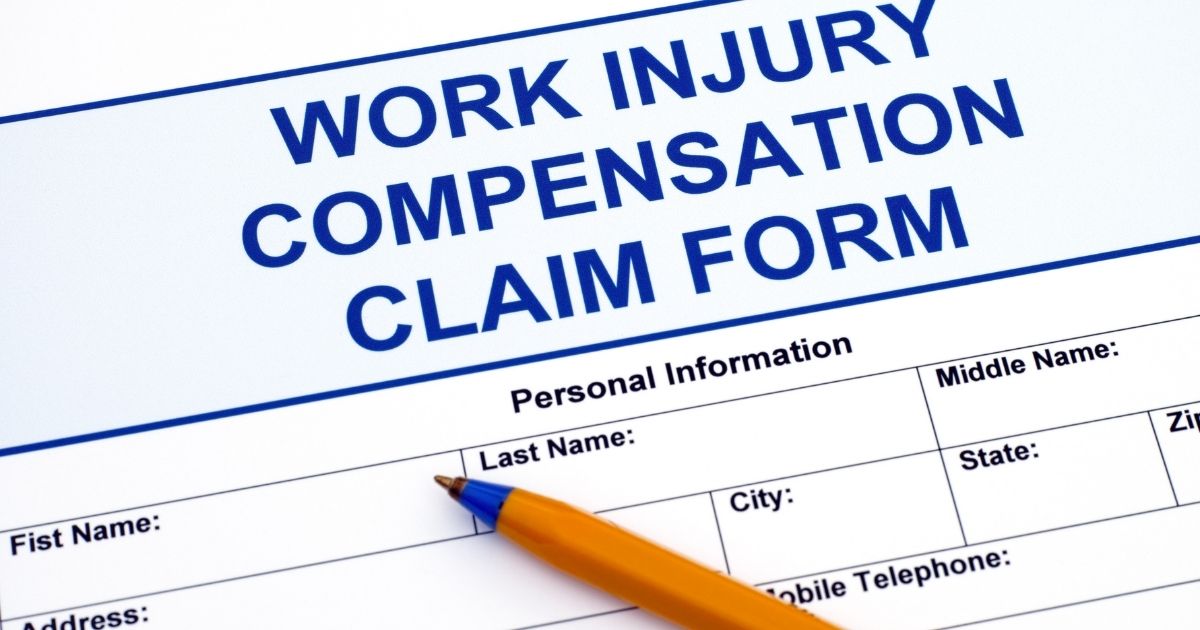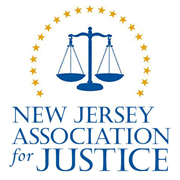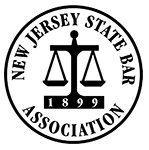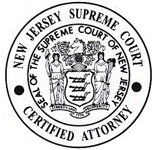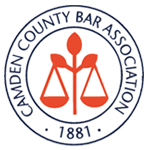During the Coronavirus (COVID-19) pandemic, heroes are everywhere. They work in hospitals, police stations, fire department houses, EMS stations, and all around every community. These and other public safety workers face injury or worse every day when performing their duties. What are workers’ compensation benefits for public safety workers?
Who are Public Safety Workers?
The term public safety worker includes members, employees, or officers of a paid, partially paid, or volunteer organization such as the following:
- Firefighters
- Police officers
- Firefighters and police officers in a community emergency response team
- Correctional officers
- Advanced medical technicians who respond to an incident
- Health care facility workers
Public safety workers are a subset of public service workers. They are also part of a group known as first responders.
Two of the largest groups of public safety workers are police officers and firefighters.
Prevalence of Injury Among Public Safety Workers
Studies show that although police officers and firefighters are overall relatively healthy, they seem to have higher disability and workers’ compensation rates, indicated by statistics that show paid out claims for injuries or medical conditions.
Generally and across different types of public safety workers, their injuries are soft tissue trauma such as strains and sprains.
The injuries can be more hazardous to the worker’s health. Firefighters often face exposure to toxic chemicals leading to cancers, lung diseases, and heart diseases. When coming to the aid of a victim, public safety workers rush into buildings or cars without hesitation. Toxic or caustic chemicals may await them on their entry. Exposure injuries may take time, even years, to exhibit symptoms or allow a diagnosis.
This is where workers’ compensation insurance comes to the aid of the worker. It includes the following benefits:
- Coverage of medical expenses
- Temporary total disability benefits until the worker returns to work
- Permanent partial disability payments
- Permanent total disability payments
- Vocational rehabilitation to train the injured worker for new employment
- Mileage expenses to travel to and from doctor’s visits
- Funeral expenses
- Death benefits paid to a designated beneficiary
Other Issues for Public Safety Workers
Public safety workers, along with other claimants, have these other claim issues:
- Workers’ compensation benefits should be coordinated with state pensions. No doubling up is allowed.
- Workers’ compensation benefits should be coordinated with Social Security disability. An experienced lawyer can assist the claimant about reduced benefits and Social Security recovery of Medicare payments.
- If the claimant shows increased incapacity later, the claimant has two years from the date of the last compensation payment to seek additional benefits.
- There is a second injury fund established to encourage employers to hire previously injured workers. Filing a claim with the second injury fund should be done with the assistance of an experienced lawyer.
- If a third party caused the worker’s injury, the worker has one year to sue that third party for other damages. After that one year, only the employer or insurance company can sue to recover monies from the at-fault third party. If the employer or insurer is successful, the recovery is divided up between the employer/insurer and the balance to the lawyer and worker.
New Coverage Areas Under Workers’ Compensation
Workers’ compensation coverage has changed over time. The coverage is changing for public safety workers to meet the demands and risks of their jobs in today’s situation. Their workplace may be inside a house, or a car, a building, or anywhere. Circumstances are changing because science is identifying risks of injury from exposure to substances originally thought to be safe.
These areas of new coverage focus on COVID-19 issues and enlarging coverage for cancers resulting from public safety workers’ long-term exposure.
In 2019, supplemental benefits were added to workers’ compensation payments. This law provided for a cost of living adjustment to those receiving disability or death benefits.
Claims Related to COVID-19
Legislation enacted in 2020 creates a rebuttable presumption that in the absence of other evidence to the contrary, public safety workers who contract COVID-19 at work are entitled to workers’ compensation benefits for their illness.
If a public safety worker contracted COVID-19 while on the job, this new law recognizes the risk they take with not hesitating to assist those in trouble or in need. Not all safety protocols for COVID-19 exposure can be implemented in these immediate situations. The new legislation is significant for its workers’ compensation coverage for COVID-19 claims.
Coverage for Contaminated Exposure
Also in 2019, New Jersey Governor Murphy signed into law a bill making sweeping changes to occupational disease claims for New Jersey public safety employees. There are many aspects of the new law, known as the Thomas P. Canzanella Twenty First Century First Responders Protection Act. The single most costly provision is one covering firefighters, paid and volunteer, for cancers, including leukemia, that will now be presumed to be compensable. There is a presumption that the cancer is work related.
This Canzanella Act requires the injured worker to show exposure to a hazardous material or substance in the workplace and that the work subsequently developed the disease. Once shown, the worker is presumed to entitlement for workers’ compensation benefits.
As with all lawsuits involving toxic exposure in the workplace and resulting disease or illness, even if long delayed, preparing the case or claim for workers’ compensation benefits involves establishing facts of the exposure and the injury. A qualified lawyer can be instrumental in assembling the facts and pressing the claim for benefits.
Coverage Issues for Vaccination Reactions
News reports on the different COVID-19 vaccines include stories of rare complications from vaccinations, including what is known as breakthrough infections. These are exceedingly rare but concerning.
The law on requiring vaccinations as a condition of employment is in transition.
The complications with fast-tracked vaccines today raise questions. Adverse reactions in a voluntary vaccination program may not be covered by workers’ compensation.
It is accepted that in New Jersey, an employer can require its employees to get the COVID-19 vaccine, except for limited exceptions such as religious beliefs or disabilities.
Claims for adverse vaccine shot reactions depend on the facts of why the worker received the vaccine.
Any worker having an adverse vaccination shot reaction should consult with a workers’ compensation lawyer for information and guidance on the next steps.
If a workers’ compensation claim for the vaccination reaction is not allowed, there are other paths for recourse. These include the National Vaccine Injury Compensation Program and Countermeasures Injury Compensation Program. Claims for these alternate benefits are facilitated by a knowledgeable lawyer.
Possible Other Relief
In limited situations, such as where a firefighter or police officer was injured because of the negligence of a civilian, although workers’ compensation does not permit suing the employer, the injured public safety worker may be able to assert a claim for damages against the civilian or even a third party, such as a property owner or manufacturer. Once again, such a claim against the party at fault will invariably be denied by the offending party, so the assistance of an experienced lawyer in this field is very important to a successful recovery.
Cherry Hill Workers’ Compensation Lawyers at Pietras Saracino Smith & Meeks, LLP, Protect the Rights of Public Safety Workers
Public safety workers can receive workers’ compensation benefits for injuries sustained on the job, even if those injuries are not diagnosed until years later. The Cherry Hill workers’ compensation lawyers at Pietras Saracino Smith & Meeks, LLP have the experience and skill set to assist injured public safety workers. Workers’ compensation is the focus of our firm. We will fight for all of the benefits the injured worker can receive. Call us today at 856-761-3773 or contact us online to schedule a free consultation. Located in Cherry Hill, New Jersey, we serve clients in Camden, Cinnaminson, Delran, Maple Shade, Pennsauken, and throughout South Jersey.

